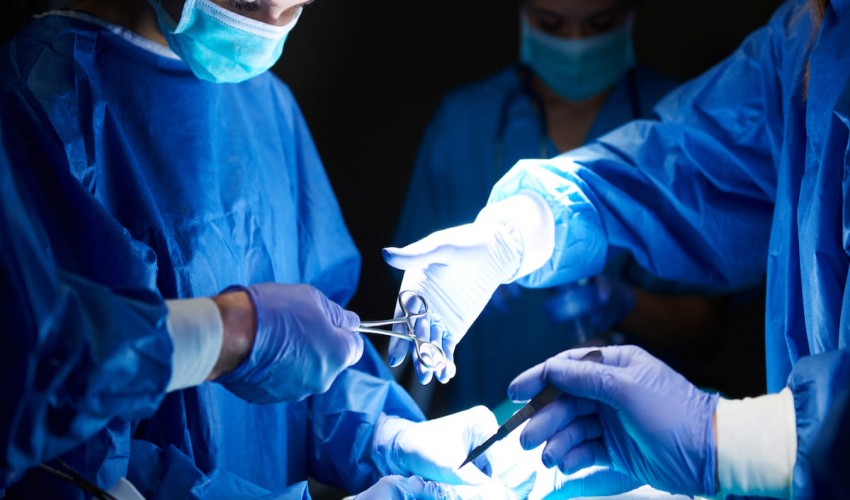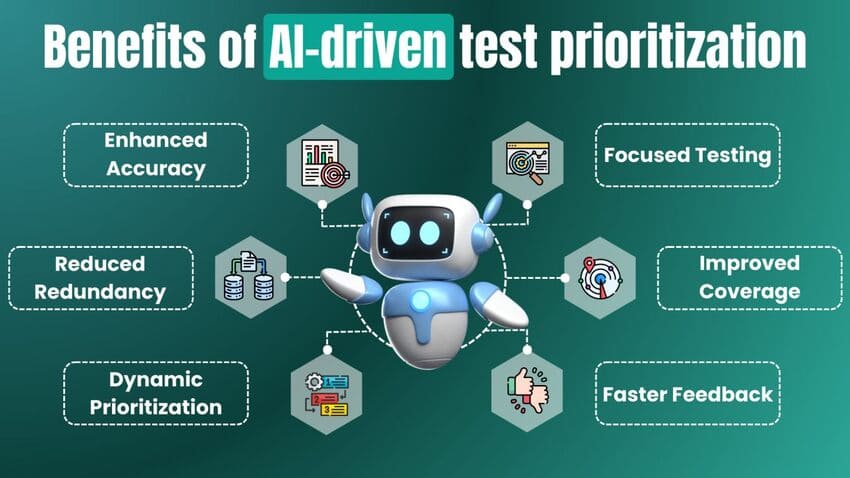
Gastrointestinal Surgery
Gastrointestinal surgery is a treatment for diseases of the
parts of the body involved in digestion. This includes the esophagus (ee-sof-uh-gus),
stomach, small intestine, large intestine, and rectum. It also includes the
liver, gallbladder, and pancreas.
Surgery may be used to remove a cancerous or noncancerous growth or damaged part of the body, such as the intestine. It may also be used to repair a problem like a hernia (a hole or weak spot in the wall of the abdomen). Minor surgical procedures are used to screen and diagnose problems of the digestive system.
Gastrointestinal surgery is the use of surgical methods to
treat any disorder of the gastrointestinal tract. This means if you have any
diseases or conditions of any part of the body involving digestion,
gastrointestinal surgery could be a possible treatment method. There are many
approaches to gastrointestinal surgery including but not limited to
laparoscopic surgery, and robotic-assisted surgery. Patients work closely with
their doctor to develop a comprehensive treatment plan that is right for them.
gastrointestinal surgery, can be divided into upper GI
surgery and lower GI surgery.
Upper gastrointestinal surgery, often referred to as upper
GI surgery, refers to a practice of surgery that focuses on the upper parts of
the gastrointestinal tract. There are many operations relevant to the upper
gastrointestinal tract that are best done only by those who keep constant
practice, owing to their complexity. Consequently, a general surgeon may
specialize in 'upper GI' by attempting to maintain currency in those skills.
Upper GI surgeons would have an interest in, and may
exclusively perform, the following operations:
- Pancreaticoduodenectomy
- Esophagectomy
- Liver resection
Lower gastrointestinal surgery includes colorectal surgery
as well as surgery of the small intestine
- Hernia surgery
- Colorectalcancer
- Diverticulitis
- Cancer of the oesophagus
- Liver cancer
- Pancreatic cancer
- Stomach cancer
- Crohn’s disease
- Ulcerative colitis
- Peptic ulcer
- Prolapsed rectum
- Appendicitis.
- Colon cancer and other gastrointestinal cancers.
- Gallbladder disease.
- Gastroesophageal reflux disease (GERD) and hiatal hernias.
- Rectal prolapse.
- Weight loss.
Recent Published
Submit Manuscript
To give your manuscript the best chance of publication, follow these policies and formatting guidelines.


